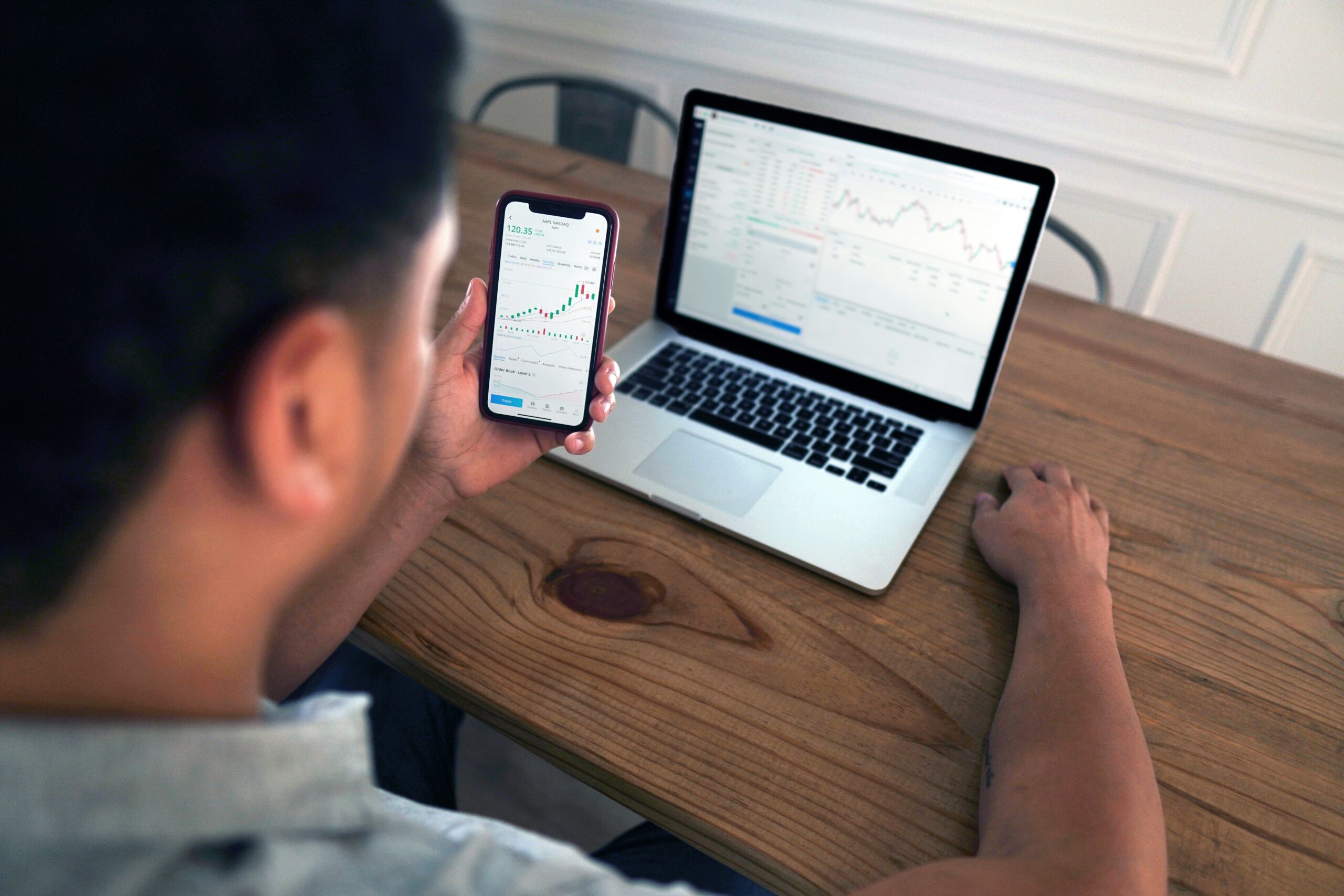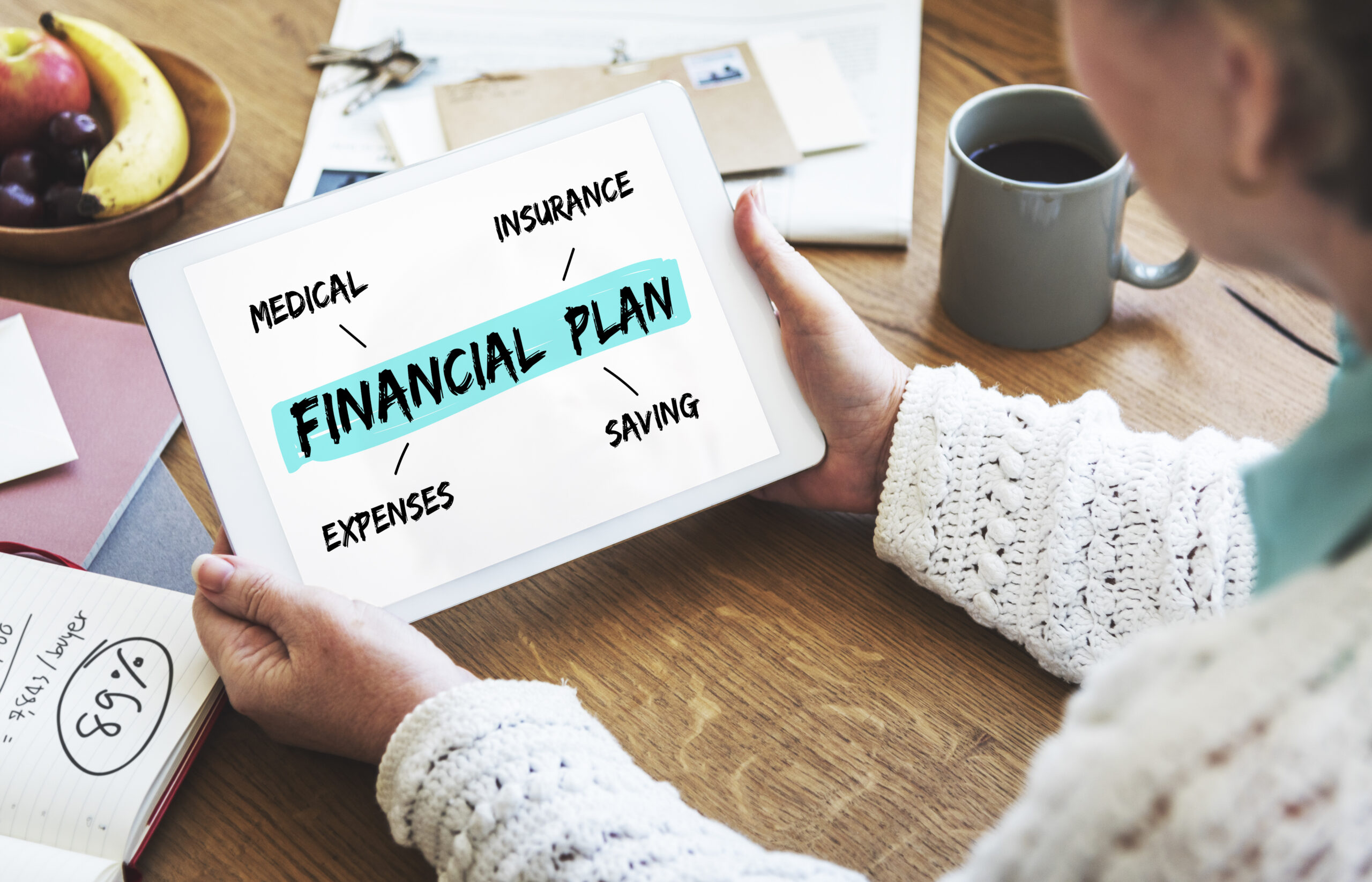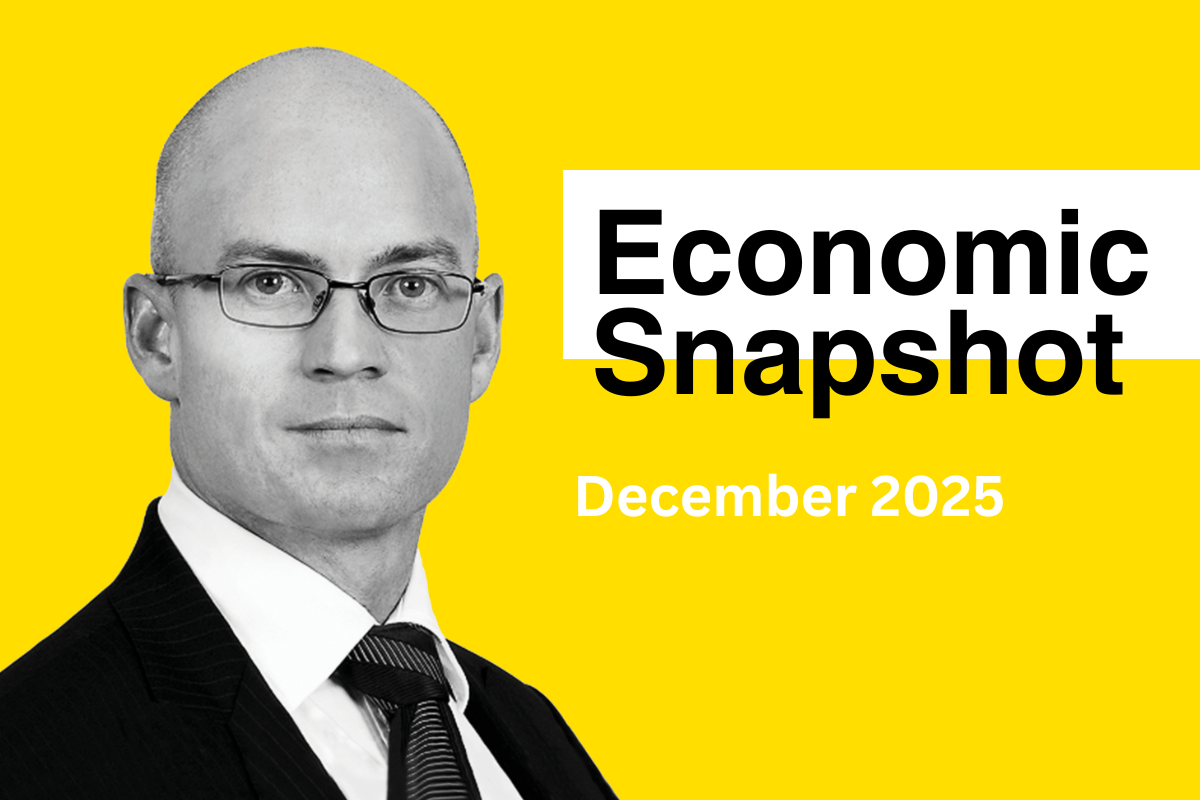The Perks of Starting Your Investment Journey Early

Thinking about starting your investment journey but keep putting it of? You’re not alone. Many people delay, believing they need a lot of money or expert knowledge to get started. The truth is, the earlier you begin, the more you stand to gain. Even modest, regular investments can grow into a substantial nest egg over time.
Why Time Is Your Best Friend in Investing
The sooner you start, the more time your money has to grow. This is particularly true for growth-oriented investments like shares, property, and even commodities. While these investments may have ups and downs in the short term, history shows they tend to deliver solid long-term returns.
Riding Out Market Fluctuations
Markets naturally go through cycles of highs and lows, it’s just how they work. Starting early allows you to weather these fluctuations and capitalise on long-term market trends. Take the Australian Securities Exchange (ASX 200) as an example, it has seen its fair share of volatility, yet its long-term trajectory has been upward, benefiting those who stay the course.
Less Pressure, More Freedom
Waiting until later in life to invest often means playing catch-up, which can feel overwhelming. When you start early, you can invest smaller amounts consistently, letting compound interest do the heavy lifting. Plus, younger investors typically have a higher risk tolerance, which can lead to bigger potential rewards. As your life circumstances change, whether it’s buying a home, starting a family, or planning for retirement, you can adjust your strategy accordingly.
Learning as You Go
Investing isn’t just about growing your wealth; it’s also about gaining financial literacy. The earlier you begin, the more time you have to learn about different investment strategies, understand market trends, and develop smart money habits. These lessons will serve you well throughout life, building both confidence and financial security.
Harnessing the Power of Compounding
Compounding is what makes early investing so powerful. It’s the process of earning returns not just on your initial investment but also on the returns that accumulate over time. For example, investing $10,000 at an 8% annual return could see your money grow to over $68,000 in 25 years, even if you never add another cent. The earlier you start, the greater the effect.
Managing Risk Through Diversification
All investments carry some level of risk, but diversification (spreading your money across different asset types) can help reduce it. Starting early gives you time to build a well-balanced portfolio that suits your financial goals and comfort level, helping you stay resilient even when some investments underperform.
Building Healthy Financial Habits
Investing isn’t just about growing wealth; it’s also a great way to develop discipline with money. Starting young helps you cultivate good financial habits like budgeting, saving, and planning for the future. These skills can set you up for long-term financial stability and may even inspire those around you to follow suit.
Playing the Long Game
Despite short-term turbulence, markets have historically trended upwards over time. Early investors give themselves a better chance of benefiting from this long-term growth. Plus, starting early means you can take advantage of opportunities in emerging industries and breakthrough technologies that could shape the future economy.
The Best Time to Start is Today.
Many people believe they need a large sum of money or extensive knowledge before they can invest. But in reality, the most important factor is time in the market, not timing the market. Even small, consistent contributions can grow into substantial wealth over time.
If you want to take control of your financial future, there’s no better time to start than right now. And if you’re unsure where to begin, seeking advice from a financial professional, such as one of our advisors at HPartners, can help you create a strategy tailored to your goals and risk tolerance.
Any advice is general in nature only and has been prepared without considering your needs, objectives or financial situation. Before acting on it, you should consider its appropriateness for you, having regard to those factors. Before making any decision about whether to acquire a financial product, you should obtain the Product Disclosure Statement.
Latest News Articles
Back to Latest News
What a Financial Plan Actually Looks Like

Realistic Budgeting Tips for Australians in 2026


